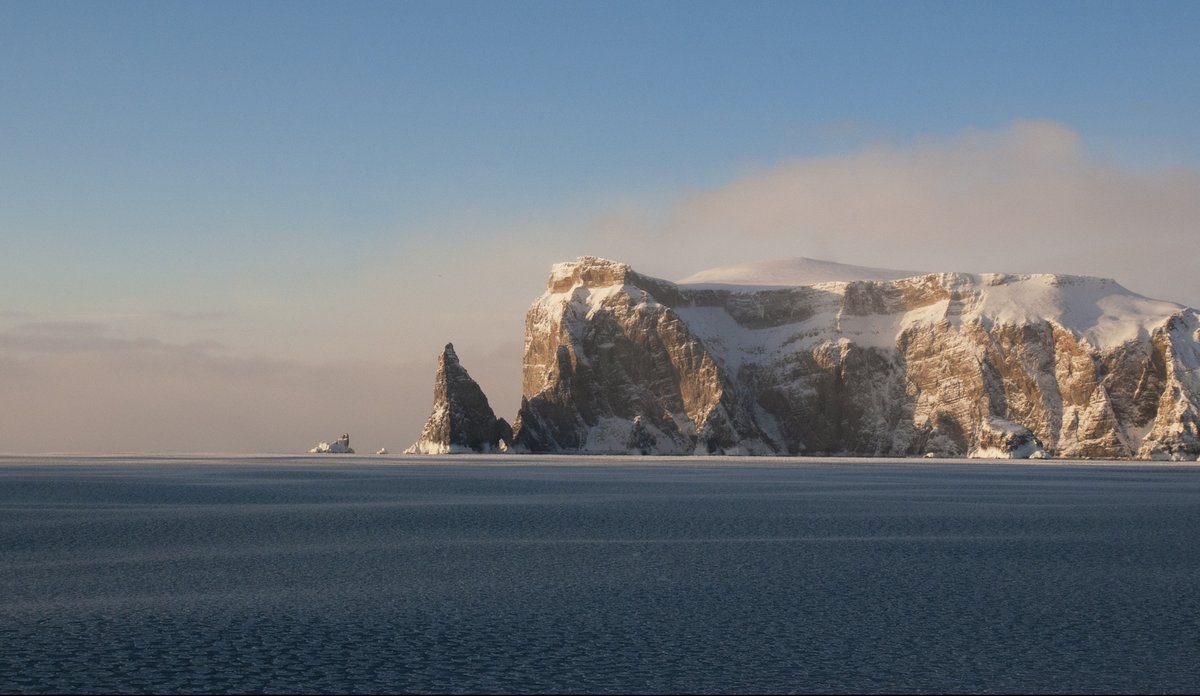The world’s oceans are home to a vast array of marine life and play a critical role in regulating the Earth’s climate, so it’s important we learn more about them. Did you know that the oceans contain over 20 million tons of gold and uranium, or that the Great Barrier Reef is the largest living structure on Earth? Sadly, the oceans are also facing numerous threats, including plastic pollution and overfishing. However, by taking action now to protect them, we can ensure that these vital ecosystems continue to thrive and provide food and livelihoods for millions of people around the world.
10 Things You Didn’t Know About the World’s Oceans
The world’s oceans make up over 70% of Earth’s surface, and they play a critical role in regulating the planet’s climate, providing food and livelihoods for countless people around the world, and serving as a home to a dizzying array of marine life. But despite their importance, most of us know very little about the oceans and the complex ecosystems contained within them. Here are ten fascinating facts about the world’s oceans that you probably didn’t know.
1. The world’s oceans contain more than 20 million tons of gold.
It may be hard to believe, but the world’s oceans actually contain a staggering amount of gold. According to some estimates, there are more than 20 million tons of the precious metal dissolved in seawater, which works out to about 10 parts per billion. Unfortunately, this gold is too dilute to be economically extracted using current technology, so it remains largely untouched.
2. The deepest part of the oceans is nearly 36,000 feet deep.
The Mariana Trench, located in the Pacific Ocean, is the deepest part of the world’s oceans. At its deepest point, the trench plunges to a depth of nearly 36,000 feet – that’s almost seven miles down! Despite the extreme depths and crushing pressures, this hostile environment is home to a surprising array of life, including strange, never-before-seen creatures that thrive in the darkness.
3. The world’s oceans contain more than 20 million tons of uranium.
Like gold, the oceans also contain significant amounts of uranium – another valuable element. In fact, it’s estimated that there are around 4.5 billion tons of uranium in the world’s oceans, making it an attractive alternative to traditional mining operations.
4. The Great Barrier Reef is the largest living structure on Earth.
The Great Barrier Reef, located off the coast of Australia, is the largest living structure on the planet. Covering an area of more than 133,000 square miles, it’s home to thousands of species of marine life, including sea turtles, sharks, and a diverse array of colorful coral.
5. There’s more plastic in the oceans than there are stars in the Milky Way.
Sadly, the world’s oceans are also home to a growing crisis – plastic pollution. It’s estimated that around eight million tons of plastic enter the oceans each year, wreaking havoc on marine ecosystems and threatening the health of marine life. In fact, some researchers have estimated that there’s now more plastic in the oceans than there are stars in the Milky Way galaxy.
6. The oceans hold the key to cures for many diseases.
Life in the oceans has evolved to survive in some of the harshest conditions on the planet, and as a result, many marine species have developed unique chemical compounds that could hold the key to curing diseases. Scientists are currently studying a wide range of marine organisms, from coral and sponges to jellyfish and sea slugs, in search of potentially life-saving compounds.
7. The oceans can help combat climate change.
The world’s oceans play a crucial role in regulating the Earth’s climate, absorbing vast amounts of carbon dioxide and other greenhouse gases from the atmosphere. However, as temperatures rise, the oceans are becoming more acidic, which can have devastating effects on marine life. Protecting the oceans and mitigating the impacts of climate change is therefore essential for both the health of marine ecosystems and the future of our planet.
8. The world’s oceans contain more than 95% of the Earth’s living space.
The vast majority of the Earth’s living space is actually located in the oceans, with more than 95% of all living organisms residing beneath the waves. From tiny plankton to massive whales, the oceans are home to a dizzying array of life, much of which remains largely unexplored and poorly understood.
9. The oceans are critical to the global economy.
The oceans are a vital source of food and livelihoods for millions of people around the world, supporting everything from commercial fishing operations to tourism industries. In fact, it’s estimated that the global ocean economy is worth more than $3 trillion annually.
10. The oceans are in trouble – but there’s still hope.
Despite their incredible beauty and importance, the world’s oceans are facing a range of threats – from climate change to overfishing and plastic pollution. However, by taking action now to protect these vital ecosystems, we can ensure that they continue to thrive for generations to come. Whether it’s reducing our plastic use, supporting sustainable fishing practices, or advocating for stronger policies to protect the oceans, we all have a role to play in preserving these incredible systems for the future.
In conclusion
The world’s oceans are an incredibly complex and fascinating part of our planet, and there’s still so much we have yet to learn about them. Whether we’re exploring the depths of the Mariana Trench or admiring the stunning beauty of the Great Barrier Reef, it’s clear that these vast bodies of water play a vital role in shaping our world – and we all have a responsibility to help protect them for future generations.
